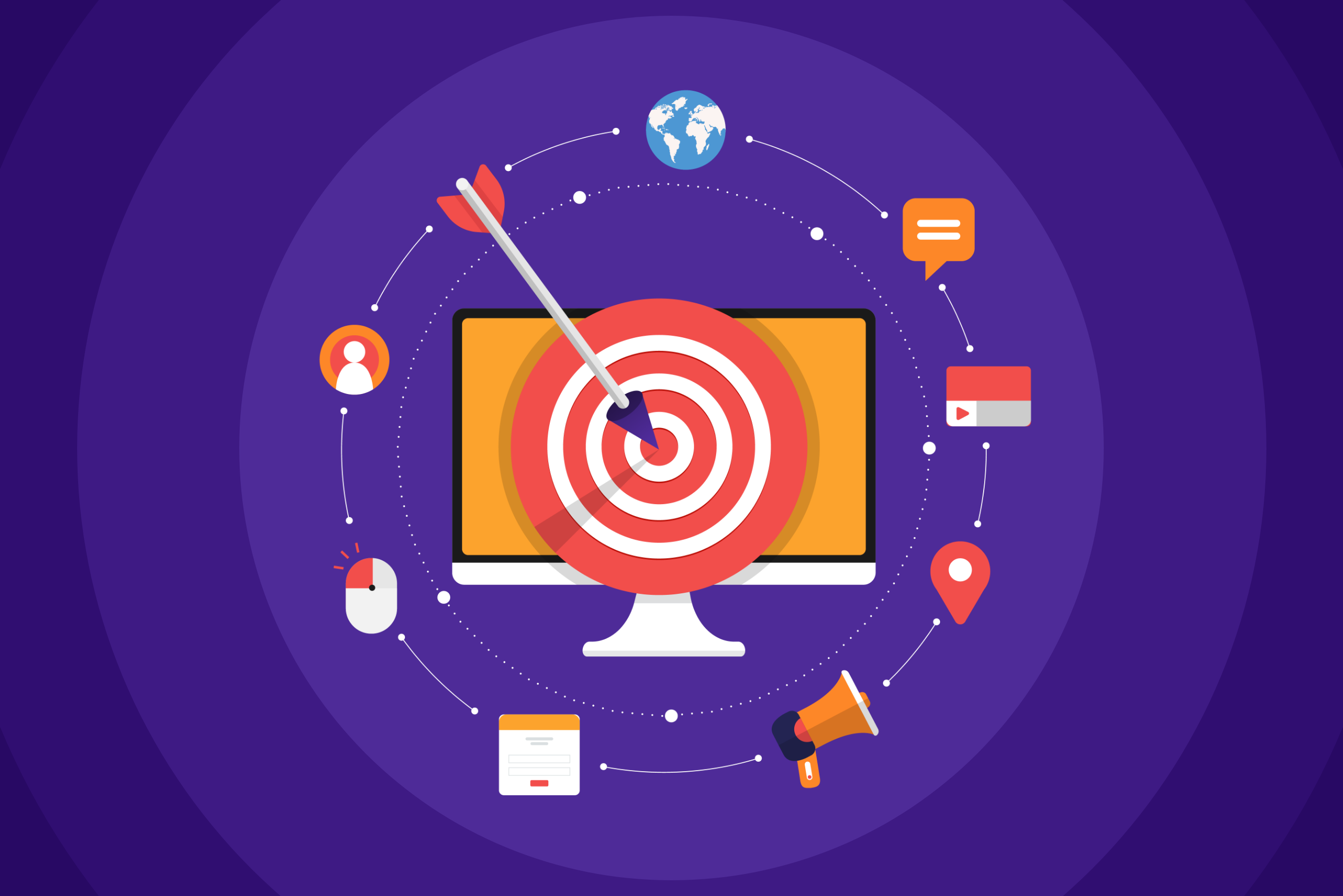Taking Care of Yourself Is Essential to Taking Care of Business

By Craig Lauer | April 19, 2020
The COVID-19 outbreak and its socio-economic ramifications have resulted in elevated stress and anxiety for many. As the CDC notes, “coping with stress will make you, the people you care about, and your community stronger.” Here are some strategies you can employ to mitigate an understandably strong emotional response to an infectious disease outbreak.
1. Accept that there are circumstances outside of your control.
You can’t control if someone cuts you off in traffic, and you certainly can’t control the outbreak of a pandemic. What you cando is spend your time on more productive and satisfying pursuits. Where should you start? Create an individualized plan to manage your stress and develop positive, yet realistic affirmations to aid you in developing a productive inner dialogue during and beyond this unprecedented crisis.
2. Get moving.
It’s called a runner’s high for a reason, though according to the Mayo Clinic, virtually any form of exercise, from aerobics to yoga, can act as a stress reliever. How? Physical activity not only strengthens our bodies, it stimulates the release of feel-good brain chemicals such as endorphins dopamine, norepinephrine, and serotonin.Regular exercise also helps balance your body’s level of stress hormones, such as adrenaline. You can stay fit during quarantine by streaming workout videosor going outside if the opportunity exists—just keep in mind the do’s and don’ts of exercising outside during stay-at-home orders.
3. Practice relaxation techniques.
From focused breathingto guided imagery, The National Center for Complementary and Integrative Health notes the goal of all relaxation techniques is to produce the body’s natural relaxation response, characterized by slower breathing, lower blood pressure, and a feeling of increased well-being. Begin improving your emotional, mental, and physical health by exploring Verywell Mind’s list of the top 4 relaxation strategies for anxiety, selecting a technique that suits you and your lifestyle best, and practicing daily.
4. Eat healthy foods.
As Aetna notes, “eating healthy food promotes the growth of ‘good’ bacteria, which in turn positively affects neurotransmitter production.” So, consider adding 10 stress-busting pantry staples to your arsenal as you combat additional stressors brought about by the novel coronavirus, and turn to Eating Wellfor an array of healthy recipes and instructional videos to stay creative as you stay at home. Your happiness will increase as your overall well-being improves, and you’ll be happy to know you can still enjoy snacks.
5. Get a good night’s sleep.
While you may have tossed and turned before, you may be finding it even harder to fall asleep during these times of uncertainty. Anxiety causes sleeping problems, and according to the Anxiety and Depression Association of America, new research suggests sleep deprivation can cause an anxiety disorder. So, it’s especially critical to address this vital component of your overall health. You can feel rested and recharged when you combine the following healthy sleep tips from the National Sleep Foundation with other self-care measures in this blog.
6. Say no when you need to.
As social beings, we’re all striving to strengthen our relationships, so obliging a request seems natural. That said, our good intentions have the potential to exhaust our capacities (and then what use are we to ourselves or anyone else?). COVID-19 has created heightened stress, so it’s especially important to keep your bandwidth in perspective in order to avoid burning out. We all need to be mindful of our own limits and the limits of others in order to preserve mental health. Not used to saying no? Follow Grammerly’s guidance on how to say no politely.
7. Spend time with those who bring you joy.
Social ties play a beneficial role in the maintenance of psychological well-being, so don’t let COVID-19 stand in the way of human connection. If you have access to a device, Harvard Health explains the features of various apps so you can determine which meet your needs in order to stay in touch with those you care for and love.
8. Exercise empathy.
While social distancing guidelines prevent us from literally putting ourselves in other people’s shoes, it’s critical to try to understand what others are feeling in the midst of a pandemic. Don’t rush to judge someone who’s struggling to navigate this new normal, and don’t beat yourself up over any challenges you’re facing. We’re all in this together, but we’re all experiencing this unprecedented crisis uniquely. Keep conversations with your family, friends, and coworkers open and honest, and foster feelings of fellowship by exercising empathy.
9. Recognize that it’s okay to not feel okay.
The pandemic has led to a series of losses, from our sense of safety to our social connections to our financial security. It’s no wonder we are collectively and individually mourning our lives of yesteryear, as well as the future as we had envisioned that is now forever altered. George Bonanno, PhD, a psychologist who heads the Loss, Trauma, and Emotion Lab at Teachers College, Columbia University, notes,“It’s okay to feel grief over what we’re losing. When we do that, it allows us to let grief do its job, so that we can move on.” Familiarize yourself with the five common stages of grief so as not to deny your own grief or that of others. Keep in mind the grieving cycle is not necessarily linear, and these emotions are natural.
10. Seek professional support.
Managing the stress brought about by the COVID-19 outbreak is a lot to handle, but thankfully there’s truth in the talking cure. If you do not have an established relationship with a mental health professional who is readily available to assist you, the Substance Abuse and Mental Health Services Administration (SAMHSA) Treatment Referral Hotline (1-877-726-4727) is a trusted source for general information on mental health and local treatment services. Those living with a mental health condition, their family members and caregivers, mental health providers, and the general public can receive support by calling or emailing the National Alliance on Mental Illness (NAMI) for free at 1-800-950-NAMI (6264) or info@nami.org. You’ll be able to speak to an actual person when you call either number, but keep in mind helplines are only an initial support system for people in emotional distress.
We’ve adjusted our personal and professional roles, all while coming to grips with the surrealism of life during a pandemic. While uncertainty is intimidating, it is also endurable if we don’t lose sight of what matters most. Try not to get too busy or overwhelmed to take care of your emotions with the same diligence offered to your body. Be safe, be well, and be good to yourself.
Know of a self-care technique you haven’t read about here? Contribute to the conversation by emailing associationconnect@theygsgroup.com.
Related Posts

Gain Invaluable Insights Into Your Audience With Google Analytics 4

Make Retargeting and Geofencing Work for You
